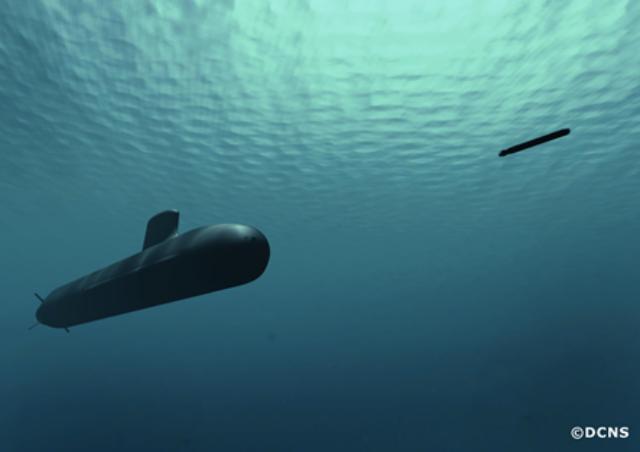 France is going to offer its submarine stealth technology to Australia. The country is to provide its solutions, that have never been shared abroad before, if it manages to win a lucrative contract for constructing Australia’s fleet of cutting-edge submarine vessels, as commented by the government-controlled DCNS French naval contractor on Wednesday.
France is going to offer its submarine stealth technology to Australia. The country is to provide its solutions, that have never been shared abroad before, if it manages to win a lucrative contract for constructing Australia’s fleet of cutting-edge submarine vessels, as commented by the government-controlled DCNS French naval contractor on Wednesday.
German-based ThyssenKrupp and DCNS are separately competing with a consortium led by Japan’s government in regard to the A$ 50 billion (USD 37.38 billion) contract for replacing the aging Collins-class submarines. The contract will be the largest in Australia’s entire defense history.
Japan has had a ban on all of its defense technology export activity since WWII, but it had been regarded as the front runner for acquiring the said contract, until political pressures in Australia related to domestic production shifted the scale back to some Europe-based bidders.
A DCNS spokesperson commented that while the company had privately notified Australia’s government of its willingness of sharing the above-stated stealth solution, it had hopes that a public acknowledgment would contribute for generating good will among the Australian public.
“When it comes to these particular solutions, they are regarded as being the crown jewels of France’s sub design know-how and this will be the first instance in which they will be shared with another country. By making this decision to offer them to Australia’s government, we are demonstrating the program’s strategic nature for France’s authorities,” commented Jessica Thomas, spokeswoman for DCNS, via an e-mail.
Tony Abbott, Australia’s Prime Minister has quite the eagerness to further establish security ties with Japan, reflecting on the desire of the United States for its two allies to take on a more significant security role regarding Asia, given as how China’s military power grows by the day.
In hopes to promote Australia-Japan co-op, the U.S. is backing up the Japanese-constructed sub, which also comes along packed with American radar, surveillance and weaponry systems according to sources.
A contract for supplying some variant of the Japanese Soryu-class sub is to provide Tokyo with its first significant overseas arms deal after military export curbs were eased last year by Prime Minister Shinzo Abe. Defense contractors had been isolated for seven decades prior to that.
Abbot, however, was faced with intense political pressures for securing the thousands of jobs that would come along with the build, so he decided to open bidding to France and Germany.
Australia’s influential independent Senator Nick Xenophon criticized Japanese defense officials last month in regard to comments that Australia did not cover the necessary criteria of constructing a version of the Japanese-designed cutting-edge submarine at home.
A panel featuring former United States Navy Secretary, Donald Winter, lawyer Ron Finlay, Australian judge Julie Anne Dodds-Streeton and former BAE Systems executive, Jim McDowell has been appointed to oversee the 10-month long bidding process.